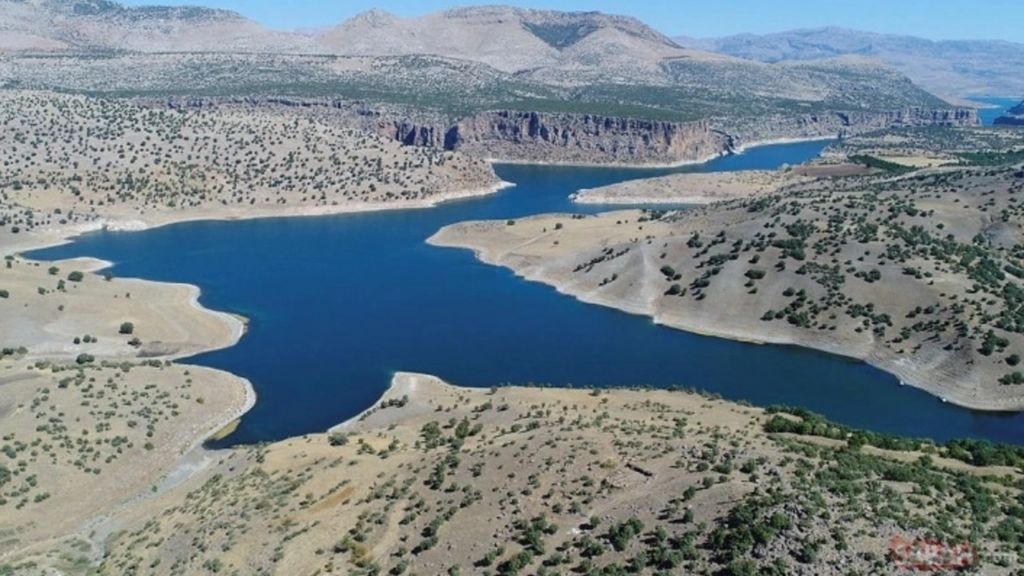To respond to changing conditions, including but not limited to climate variability and change, transboundary water allocation agreements and other arrangements should be adaptable.

New transboundary water allocation agreements and other arrangements need to be designed to
be adaptable in the medium and long-terms to changing hydrological, climatic and other related factors (socioeconomic, geographical, cultural, etc.).
Existing water allocation agreements and other arrangements, or adopted subsidiary instruments, may need to be revised to be able to respond to changing conditions. Adaptive capacity can be integrated into transboundary allocation systems and institutions to respond to changing conditions, impacts and
opportunities. Examples of this include applying allocations in percentages instead of absolute amounts, periodic reviews and using objective thresholds (e.g. persistent low precipitation) as a basis if exceptional deviations from agreed allocations are needed.

Climate change must be approached as a cross-cutting challenge to effective allocation. It is a potential risk multiplier that may necessitate adjustment of existing—and careful drafting of any new—transboundary water allocation agreements and arrangements. Transboundary allocation arrangements need to factor in the increased uncertainty and inter- and intraannual variability of precipitation and run-off to cope with increasing frequency and extremity of drought and flood events.
By Dursun Yıldız,
Hydropolitics Academy
Source: HPA Newsletter
 THE GLOBAL WINDOW OF TURKISH FOOD AND AGRICULTURE The Global Window of Turkish Food and Agriculture Sector
THE GLOBAL WINDOW OF TURKISH FOOD AND AGRICULTURE The Global Window of Turkish Food and Agriculture Sector









